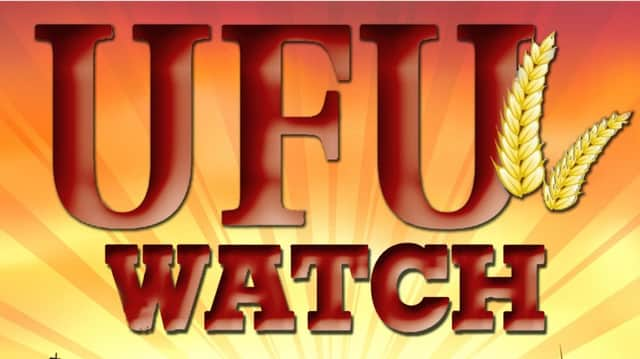European Commission publishes record number of environment infringements from member states


The actions are largely environment focused, with member states failing to comply on various directives and other rules.
Once again Germany has failed to comply with rules on nitrates, failing to reduce water pollution of nitrates from agricultural sources. Germany is the member state with the second highest level of nitrates in groundwater in the EU, after Malta.
Advertisement
Advertisement
Ireland has been told that it must ensure correct assessment of peat bogs before extraction can be authorised.
The UK, along with five other member states, has been sent a request from the commission asking for EU energy efficiency rules to be transposed correctly into national law and implemented correctly. The countries concerned now have two months to respond or they could be taken before the European Court of Justice.
Agriculture committee – Hogan grilled on Mercosur
Last week the European Parliament’s Agriculture Committee (ComAGRI) met for their second meeting since the MEP’s were elected in June. MEP’s held a heated debate with EU Commissioner for Agriculture, Phil Hogan. During the committee the debate focused primarily on the new CAP and the recently agreed EU-Mercosur trade deal.
Hogan outlined that he felt the deal with Mercosur was balanced, comprehensive and ambitious; he also reminded MEP’s that given the interests of the Mercosur block agriculture was always going to be a defensive interest for the EU, while other sectors such as industrial goods and cars, would be on the offensive. He also announced that the Commission would be offering a €1bn support package which would be available exclusively for agriculture, to compensate for any market disturbance as a result of the deal.
Advertisement
Advertisement
MEP’s from across parties and member states criticised the deal, with many citing concerns about the risk of imports produced to lower standards. MEP’s also questioned the commitments by Mercosur on climate change and whether they would be correctly and adequately enforced.
Irish MEP’s pointed to the recent collapse in beef prices, in part due to oversupply as a result of stagnating demand and questioned the need for a further 99,000 tonnes of beef on the market.